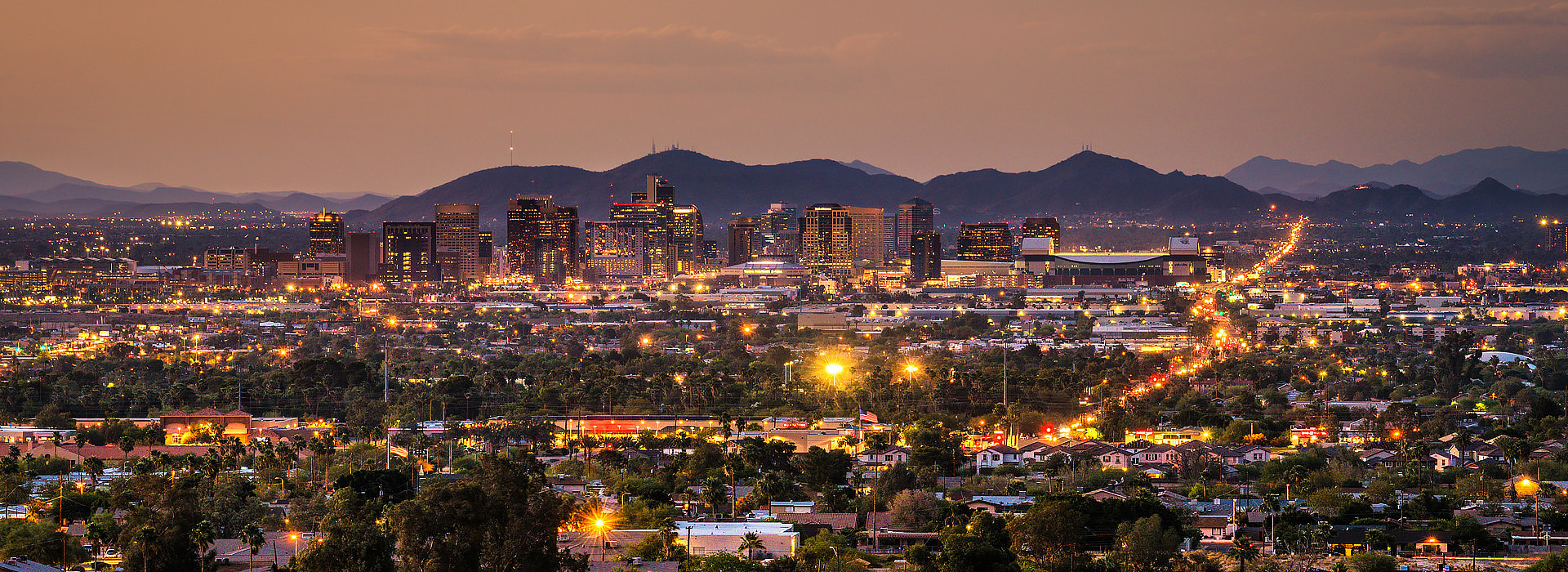The Arizona Department of Public Safety has vowed to renew its enforcement of distracted driving laws. With this new initiative, the goal is to focus on violations such as speeding, following another vehicle too closely, and failing to use turn signals when changing lanes.
Arizona’s DPS Renews Enforcement of Distracted Driving Laws
Distracted driving is a problem across the nation. As a result, Arizona has continually vowed to enforce safe driving practices.
“One of the things we have done over the last year is to better track those violations as a result of distracted driving so we can evaluate those numbers to better guide our enforcement efforts,” wrote spokesman DPS Kameron Lee. “Our hope is to reduce crashes and save lives by bringing more awareness of the cause and effect of distracted driving."
Distractions among drivers include eating while driving, interacting with passengers, and cell phone use. Lee notes cell phone use seems to be more common among younger drivers.
“Millennials…grew up texting and having cell phones, and that is more of a habit for them and a common theme for them to have, so maybe we see that with them in the vehicle and feeling comfortable using some of those devices while driving because they have always had one,” Lee said.
Bans on Texting and Driving
Arizona and Montana are the only two states in the nation that do not currently have a law that bans texting while driving for all or most motorists. Currently, Arizona cities Phoenix, Tucson, and Flagstaff ban texting while driving.
AAA Arizona is advocating for Senate Bill 1080. This Bill would prohibit teen drivers from the use of all wireless communication devices.
As part of the AAA foundation’s annual Traffic Safety Culture Index, a report was done that identified driver behaviors and attitudes.
The AAA Foundation for Public Safety notes people ages 19 to 24 are seemingly the worst-behaved drivers. According to a study, 88 percent of those in the age group have engaged in at least one risky behavior, like texting, while driving within the past 30 days. The report also revealed millennials to be 1.6 times more likely to read a text message or email while driving, and twice as likely to type a text or send a text.
“We need drivers to realize that what they do on the road does have an effect and it is very concerning to see that these young millennial drivers are admitting to feeling that these behaviors are okay,” said Kelly Potts, spokeswoman for AAA Arizona.
Distracted Driving
According to data collected by ADOT, in 2015, distracted driving contributed to at least 33 fatal crashes and nearly 8,000 distracted drivers were involved in crashes on Arizona roadways.
The following are all forms of distracted driving:
- Texting
- Using a cell phone or smartphone
- Eating and drinking
- Talking to passengers
- Grooming
- Reading, including maps
- Using a navigation system
- Watching a video
- Adjusting a radio, CD player, or MP3 player
If you have been involved in an accident as the result of distracted driving, there are a number of things you’ll need to do.
What Not to Do After a Car Accident
Here’s a list of things to NOT do after a car accident:
- Leave the scene. You are legally required to stop, check on the other person and car involved, exchange all insurance and contact information and report it to law enforcement. Failure to do so means you’ve committed a crime.
- Forget to call 911. Even if the car accident seems minor, if you don’t get an official police report that documents the accident, what proof do you have? Sometimes law enforcement might not respond to collision unless there are injuries, but you always have an opportunity to get a report of the accident. This can help in the claim process, as well as protect you.
- Lose your cool. Try to remain as calm as possible and be polite.
- Admit fault. Do not admit to anything. But doing so, you’re legally admitting liability for the accident. This can expose you to lawsuits or other penalties.
- Forget proper documentation. Documenting any damage done to cars or the scene will provide you with any necessary evidence should the accident lead to a lawsuit. Try to take a few minutes to write down what happened from your point of view. Note time, date, streets, makes models and colors of cars, direction you were heading, contact information, and information from any witnesses that were at the scene. This will all help to build your case and help determine liability.
Working with a Personal Injury Attorney
If you have been involved in an automobile accident, you should immediately call a personal injury attorney that can help you build your case. They have the experience necessary to ensure you are able to prove your injuries so that you can collect the compensation you are owed.


